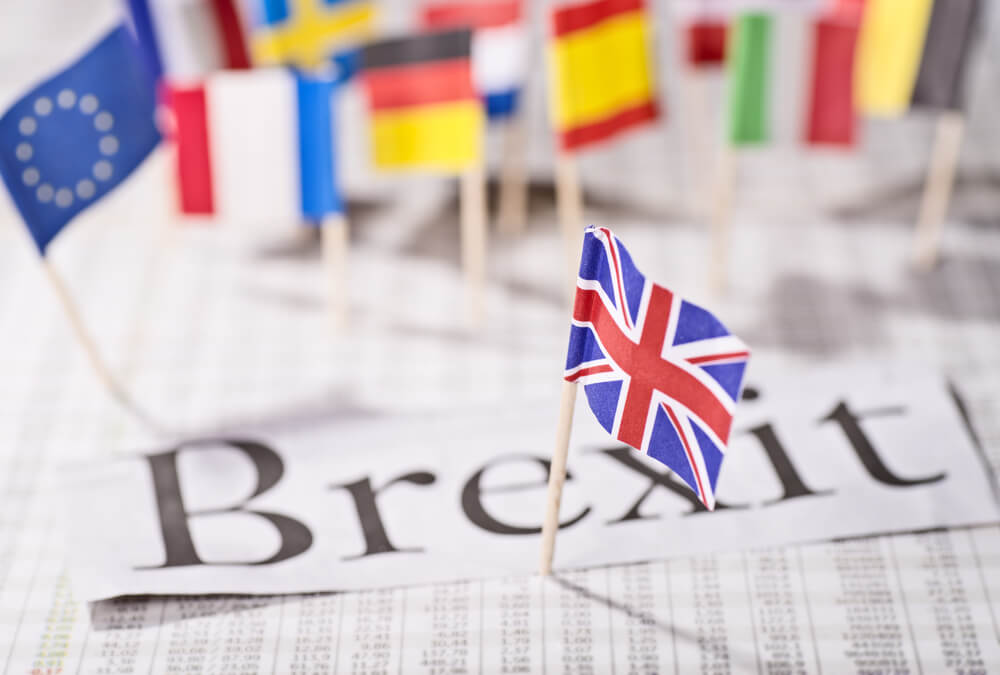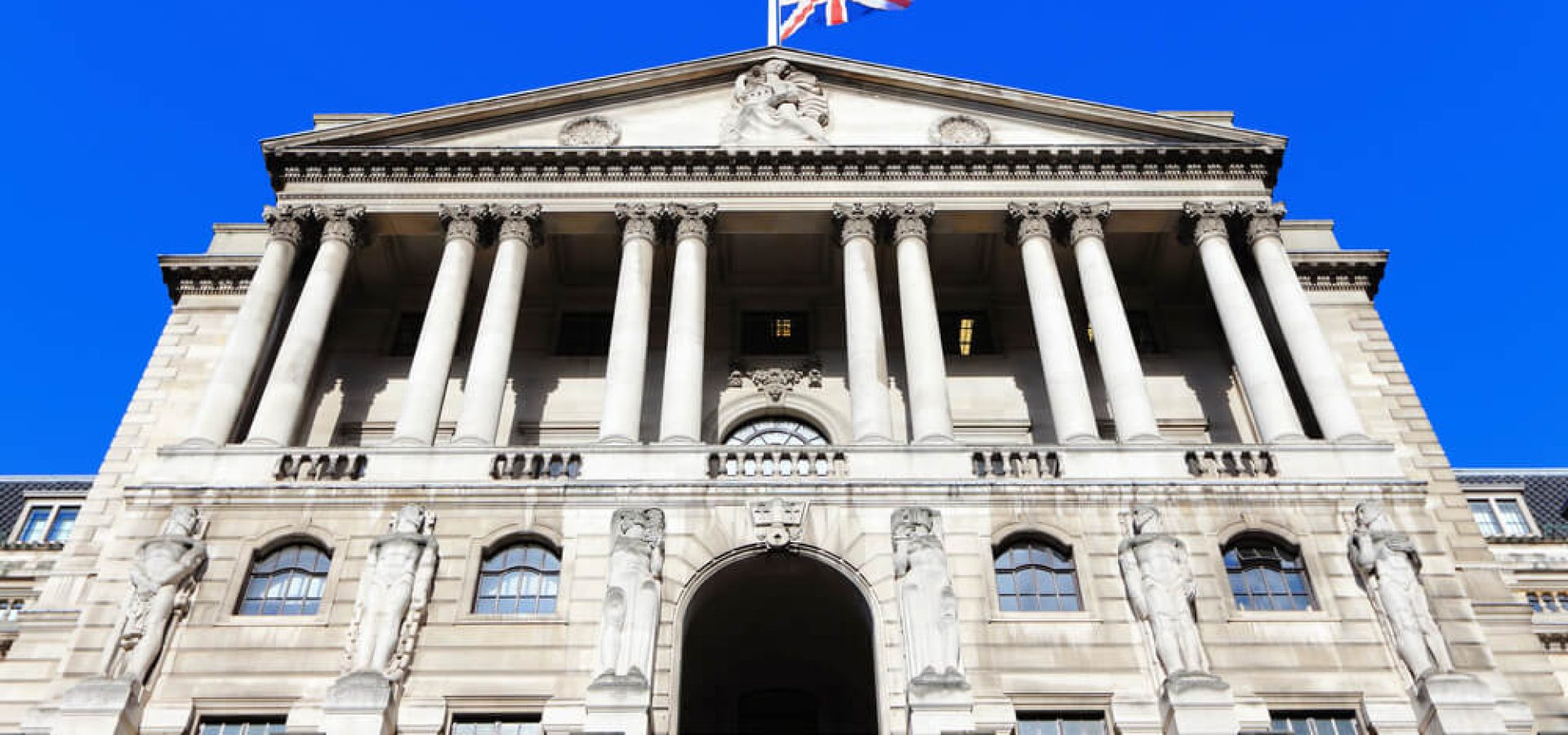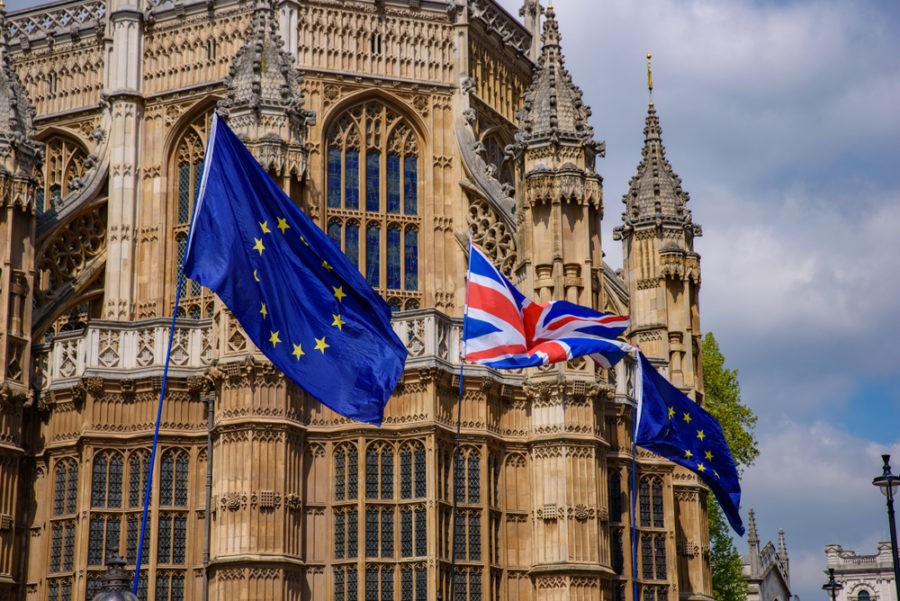Britain is in need of independent financial regulators after Brexit, said one senior Bank of England official.
The independent regulators would have to respond swiftly to changes in the economy and continue to nurture innovation.
According to Victoria Saporta, who is prudential policy director, the financial rules post-Brexit should be “dynamic and responsive.”
This could allow regulators to make necessary changes to reflect technological, economic, and social change.
Saporta said if there’s a lack of regulators who could implement rules to risks, macroprudential policy will lose strength. Incentives to stoke credit booms will also be more rampant.
In terms of monetary policy and banking, a major slice of Britain’s financial rules comes from the European Union.
Speaking of the EU, Britain will be leaving the trading bloc in October, opening doors for a debate over the future of regulation.
The finance ministry, along with lawmakers, will review regulation after Brexit. Some of them believe that such time is an opportunity to set up more flexible rules to help maintain London’s ability to compete as a global finance capital.
BoE Deputy Governor Sam Woods has previously said that it would be undesirable to make Britain a “rule taker” of EU regulation post-Brexit.
Brussels has said that the future financial market access to the EU will be running with Britain’s rules remaining “equivalent” to those in the bloc.
That means a huge divergence from the rules at present could compromise access.
BoE Ready to change Monetary Policy Stance if Brexit Policy Changes

Furthermore, the BoE says that it is ready to change the economic assumptions behind its interest-rate stance. That is, if the government changes it Brexit policy, said Governor Mark Carney.
Carney acknowledged the existence of a “natural tension” between the BoE’s assumption of a smooth departure from the European Union and markets that are pricing in the chances of a no-deal Brexit.
For Carney, if the UK indeed pulls off a hard Brexit, greater stimulus would be present. However, he also said that there are no “guarantees” and rates could still rise.
He added, during a speech in the Parliament, that if there’s progress toward a deal, the forecast “becomes very relevant.”
Basically, Carney believed that if the government switches policy, the monetary policy would follow suit.
During its June 20 meeting, the BoE confirmed that if economy evolves with predictions, they would use gradual rate hikes. Such hikes serve as instruments to control inflation.
However, this plan rolls on a smooth Brexit divorce. This is at odds with the financial markets, where the chances of a hard Brexit have pushed the sterling lower. Investors have also been pricing in rate cuts.
Economic uncertainty because of Brexit is as high as it has been just before the original March 29 deadline. Carney added that if you squint, marginally it’s “gone up a bit.”
Boris Johnson, who is the favorite bet to become the next PM, already made a “do or die” pledge to leave the EU at the end of October.









COMMENTS